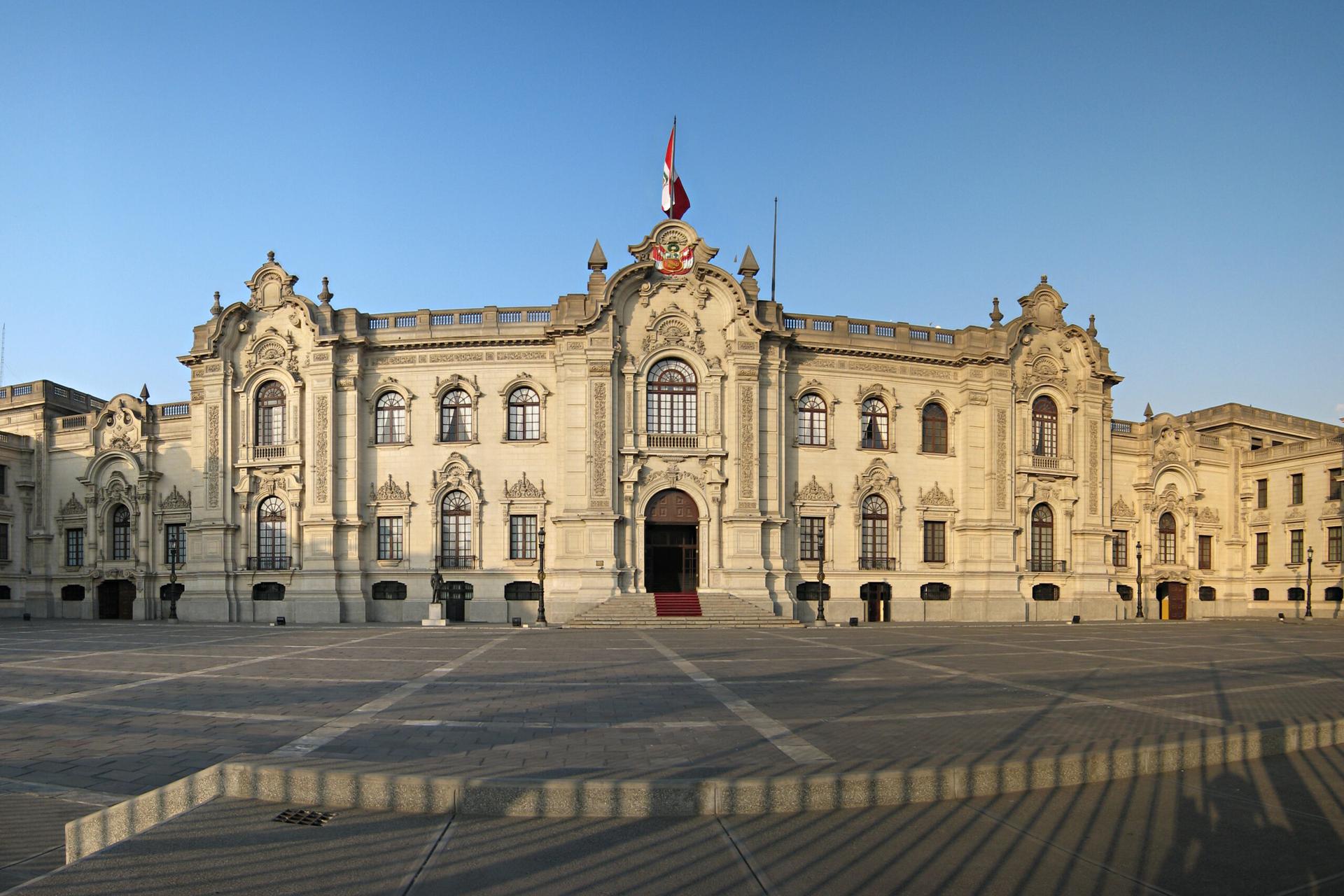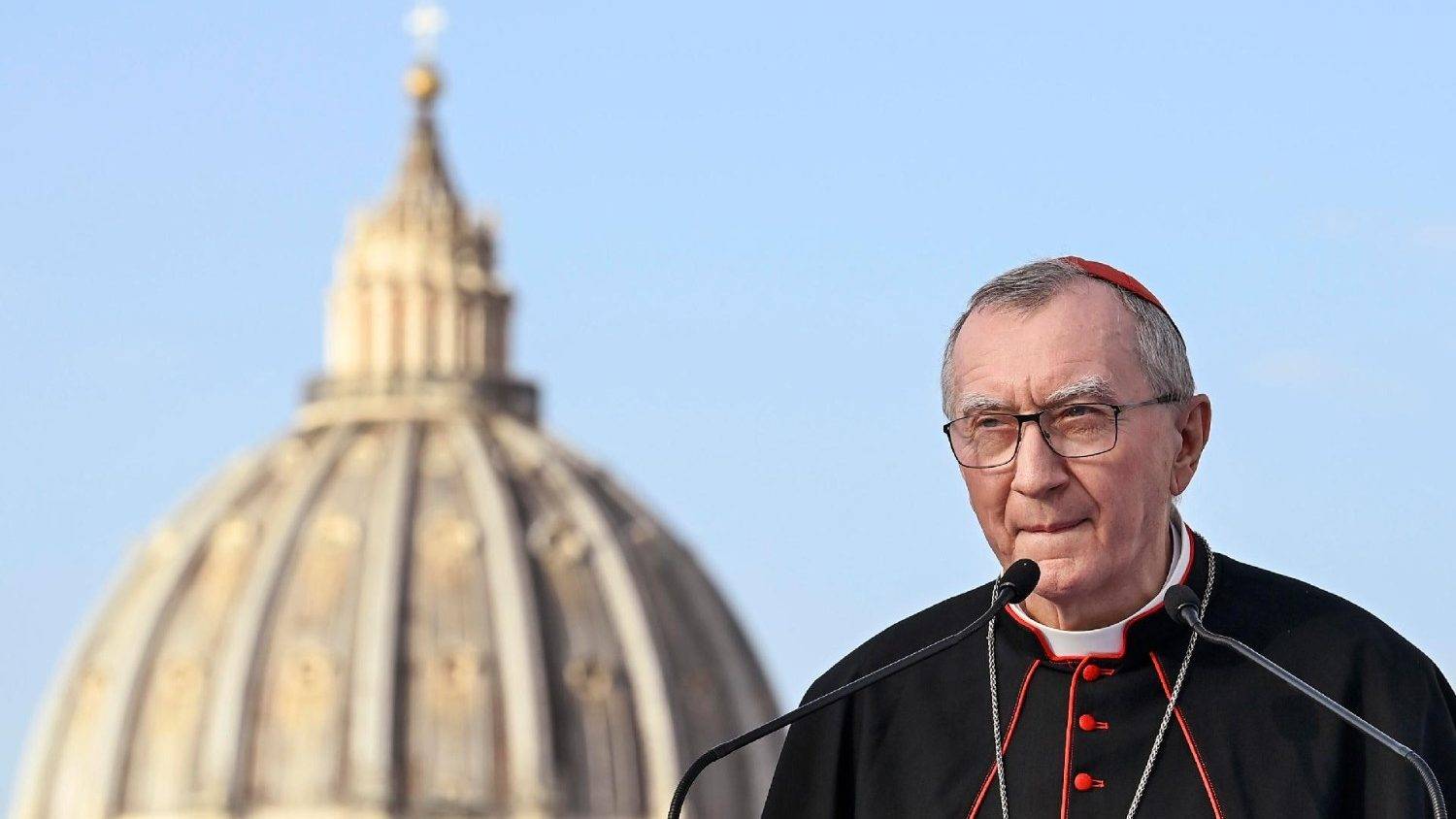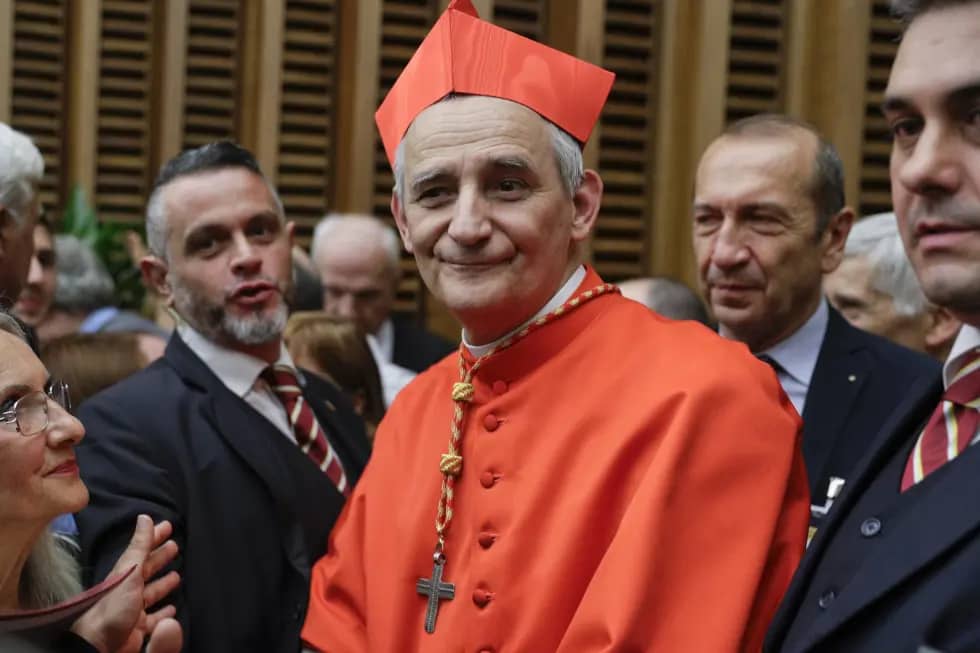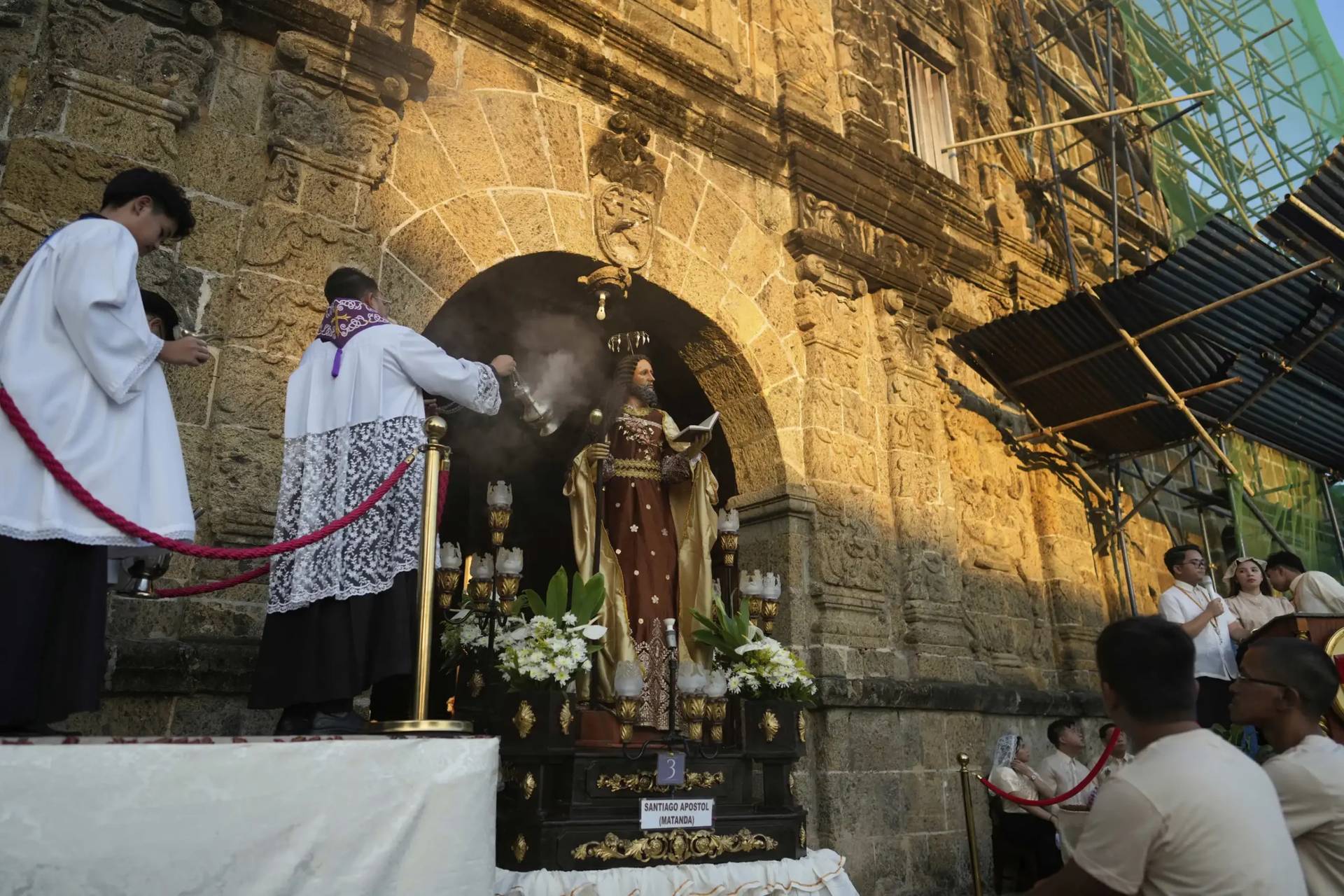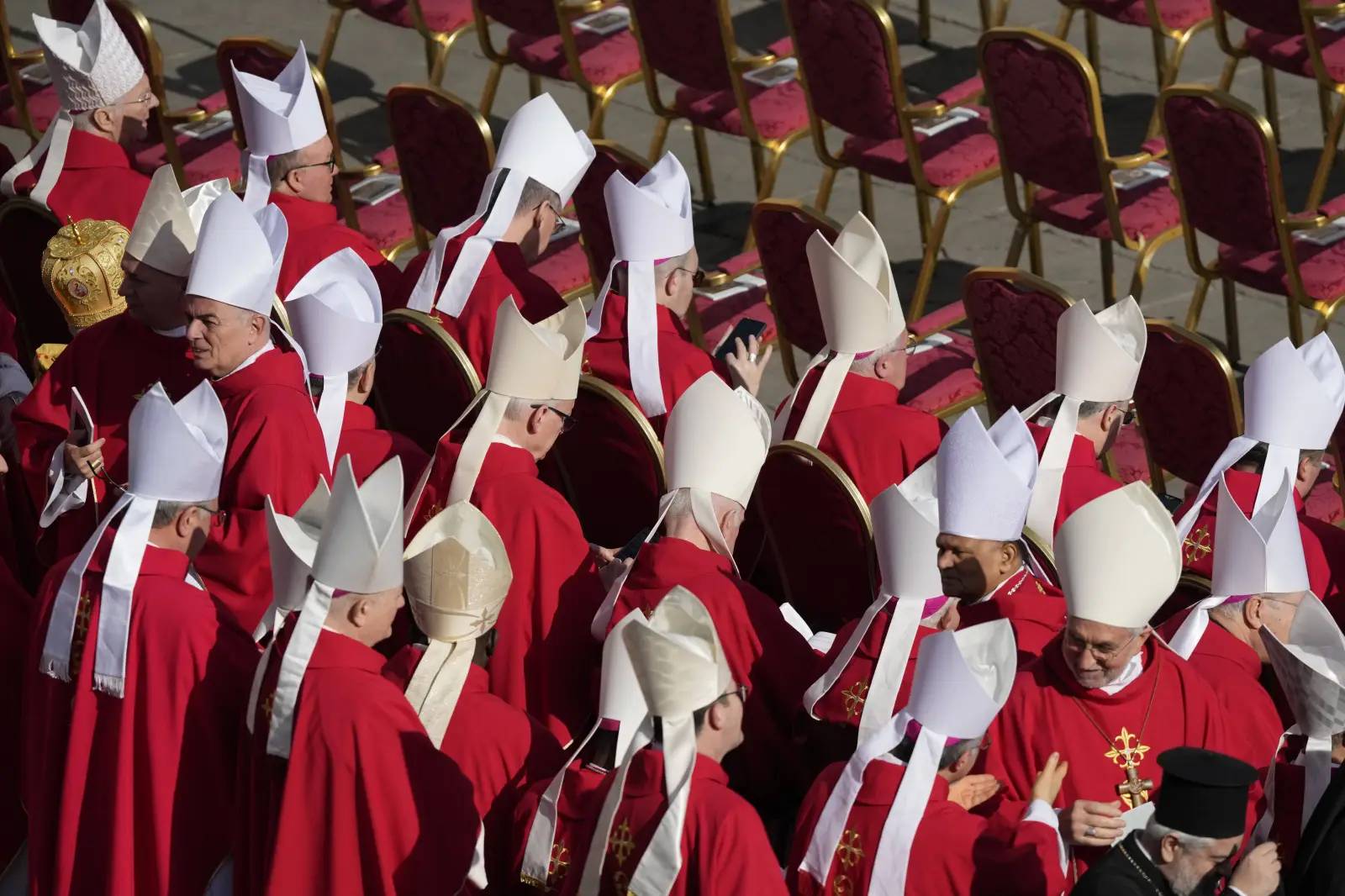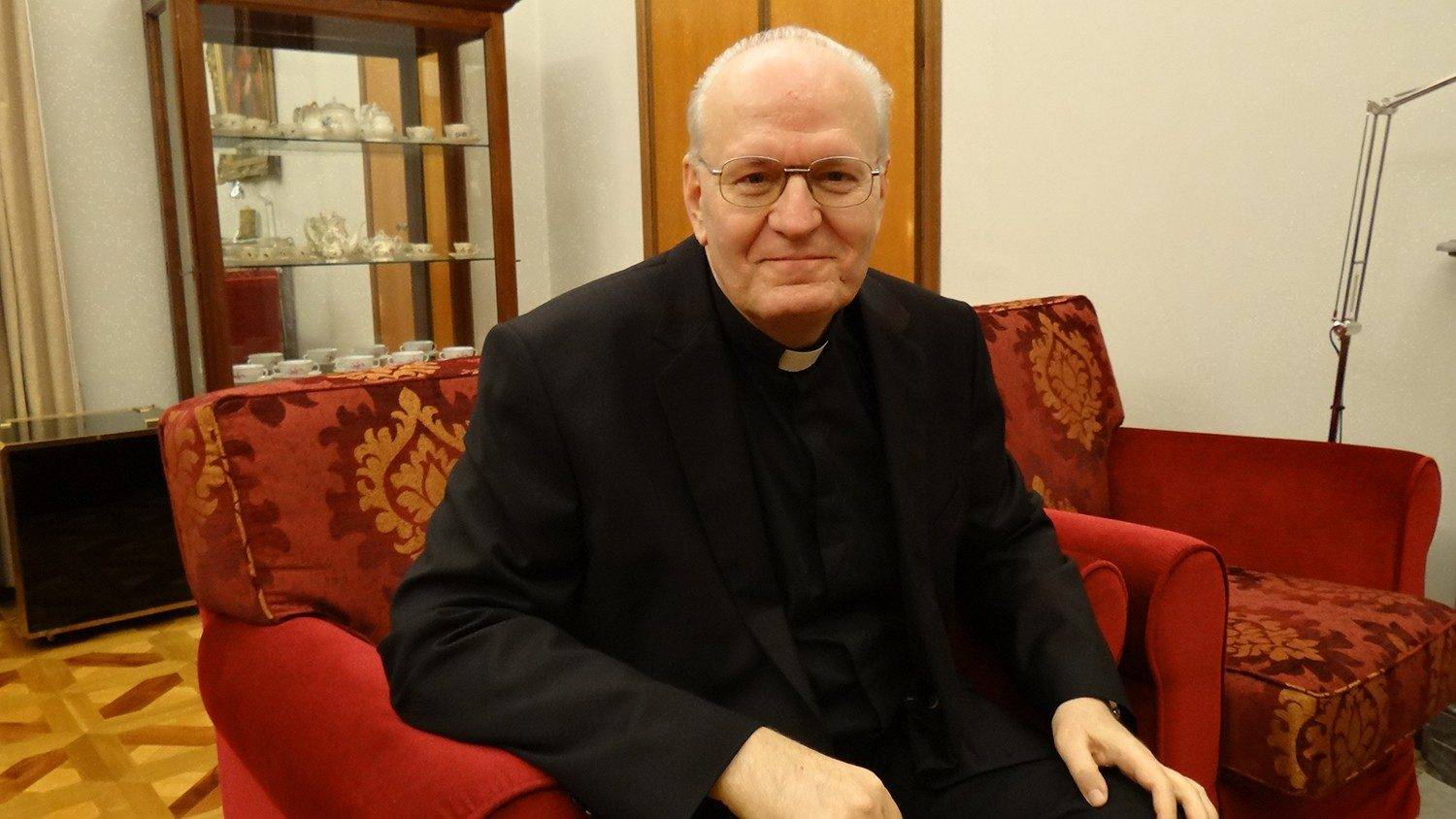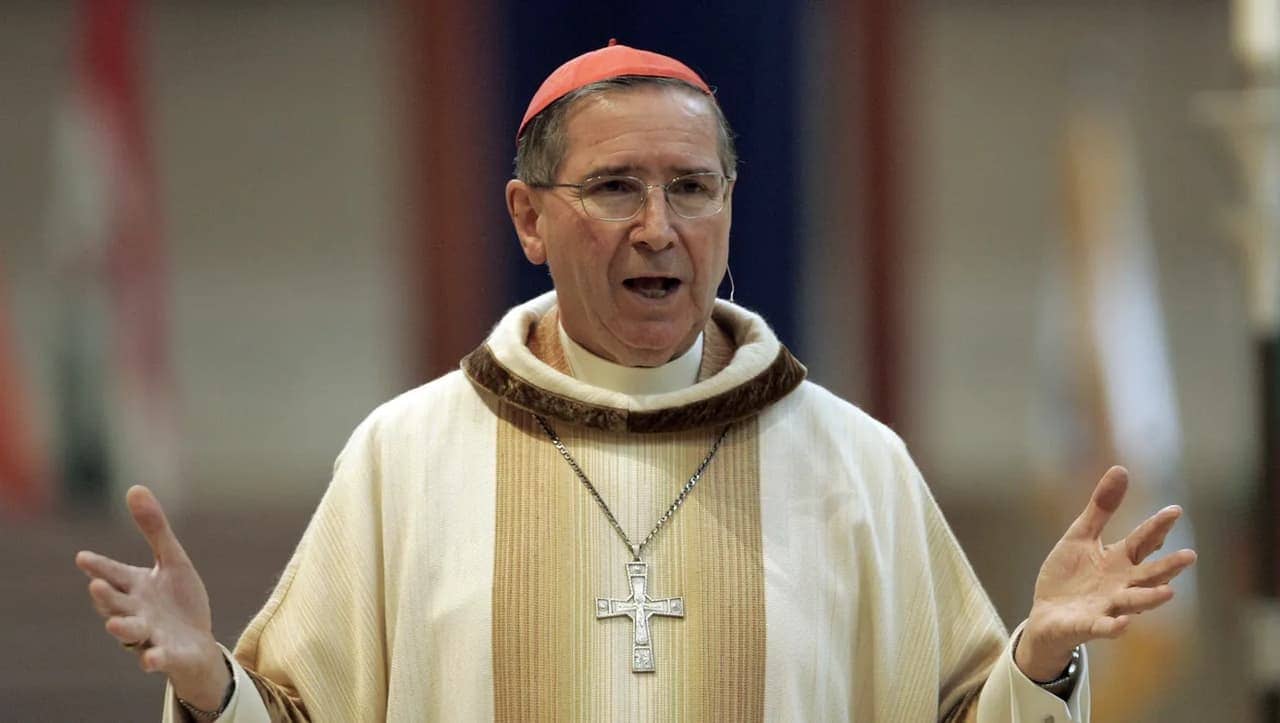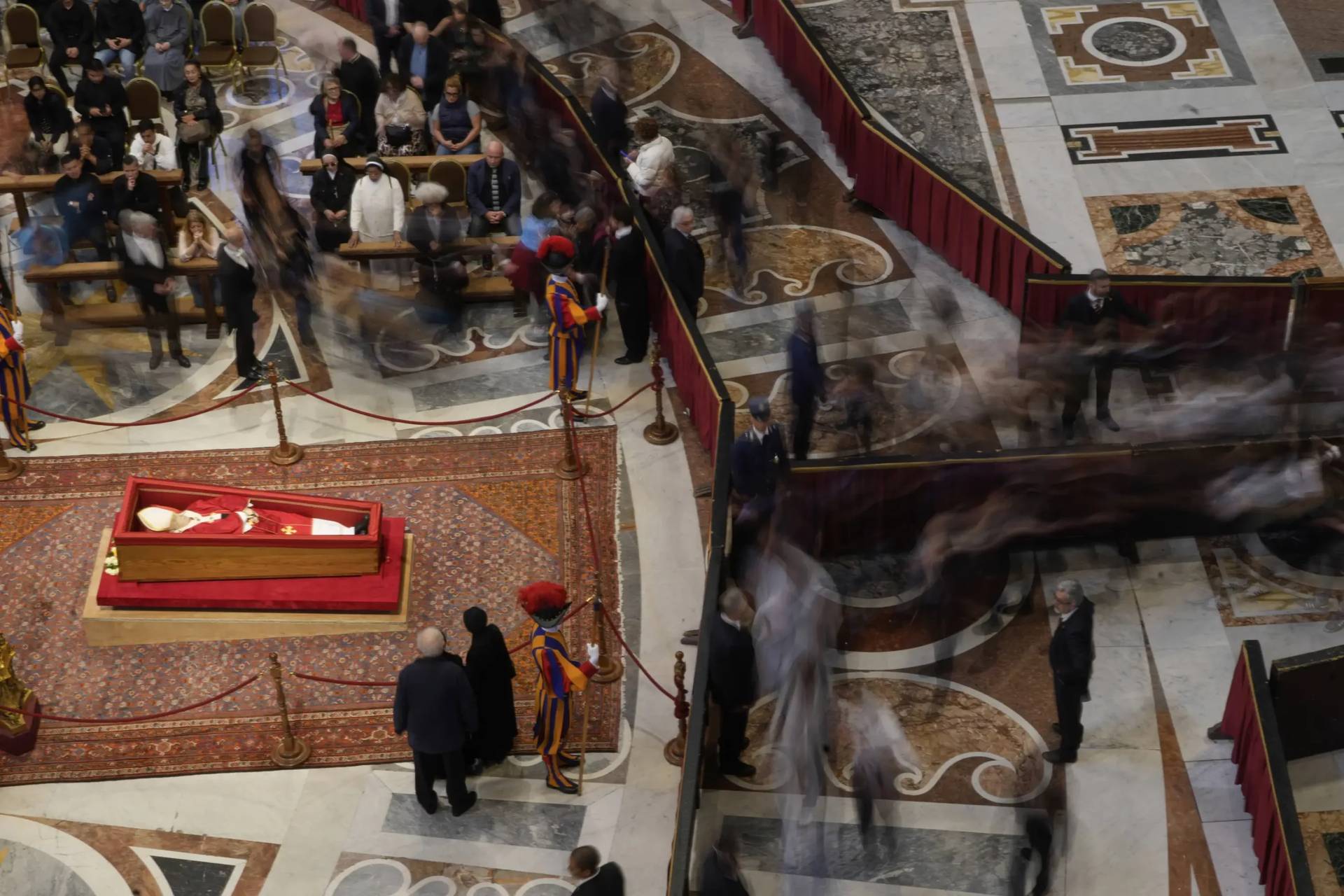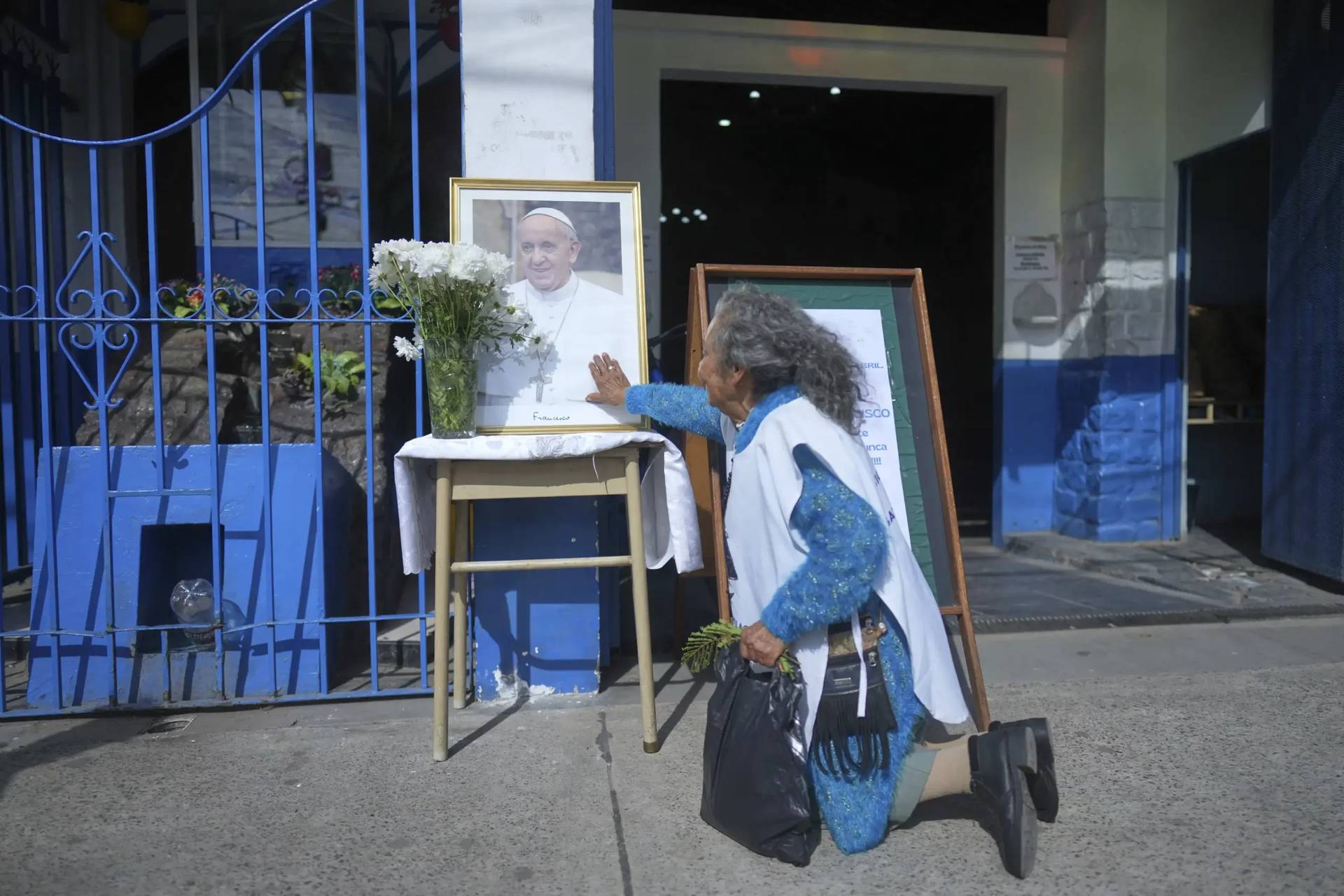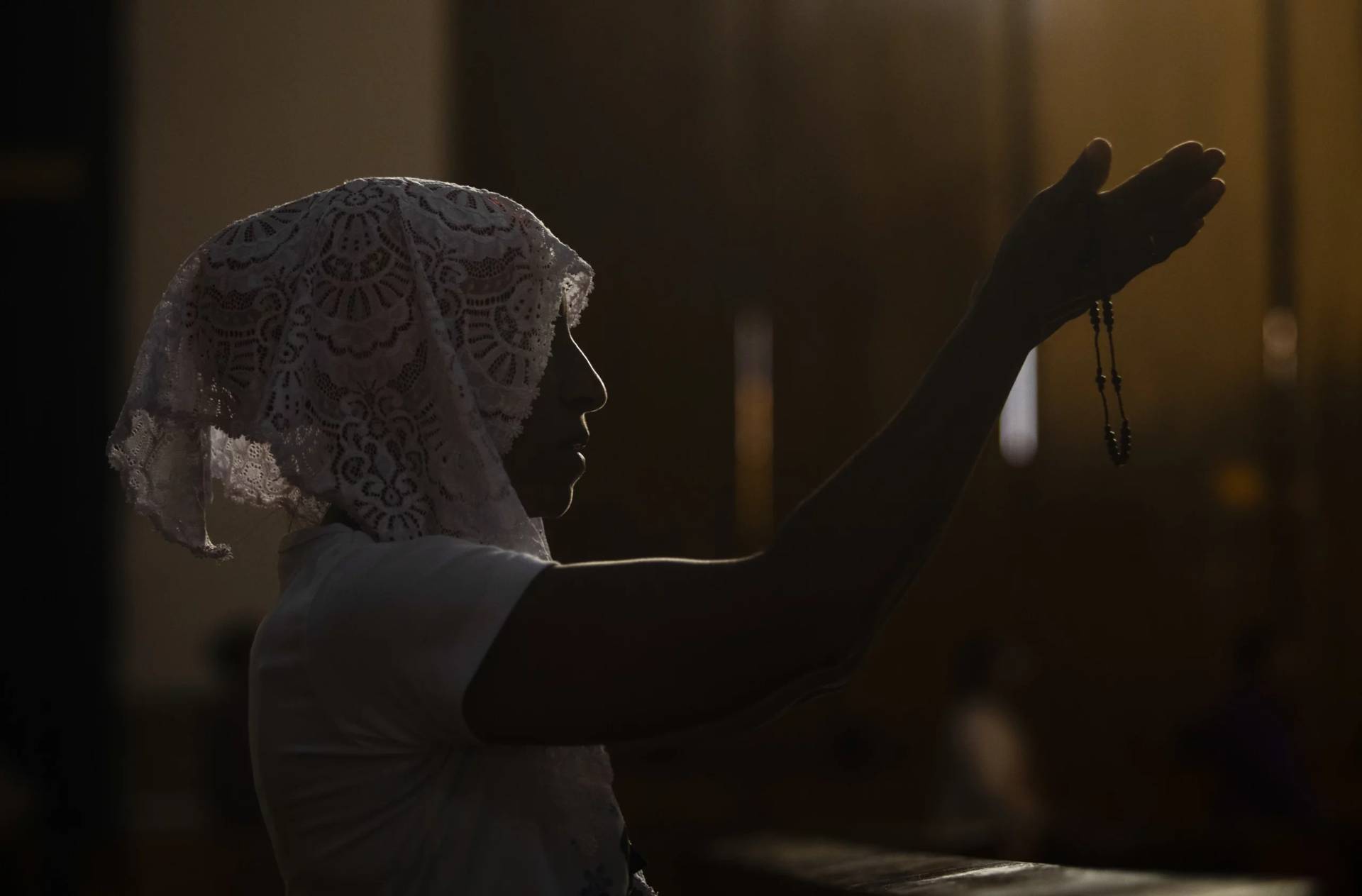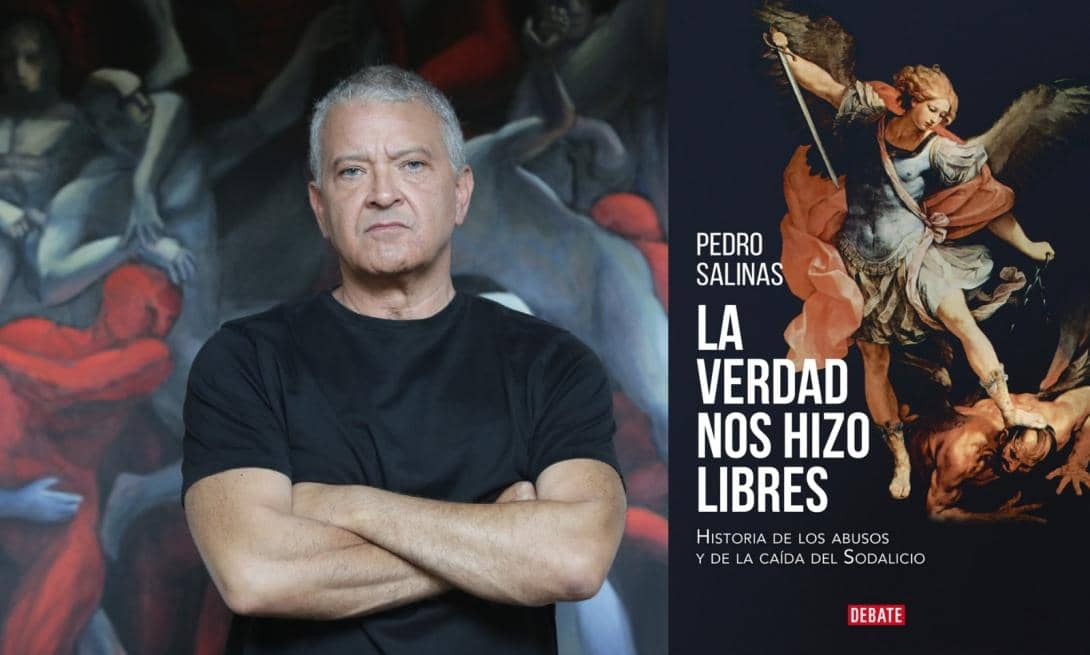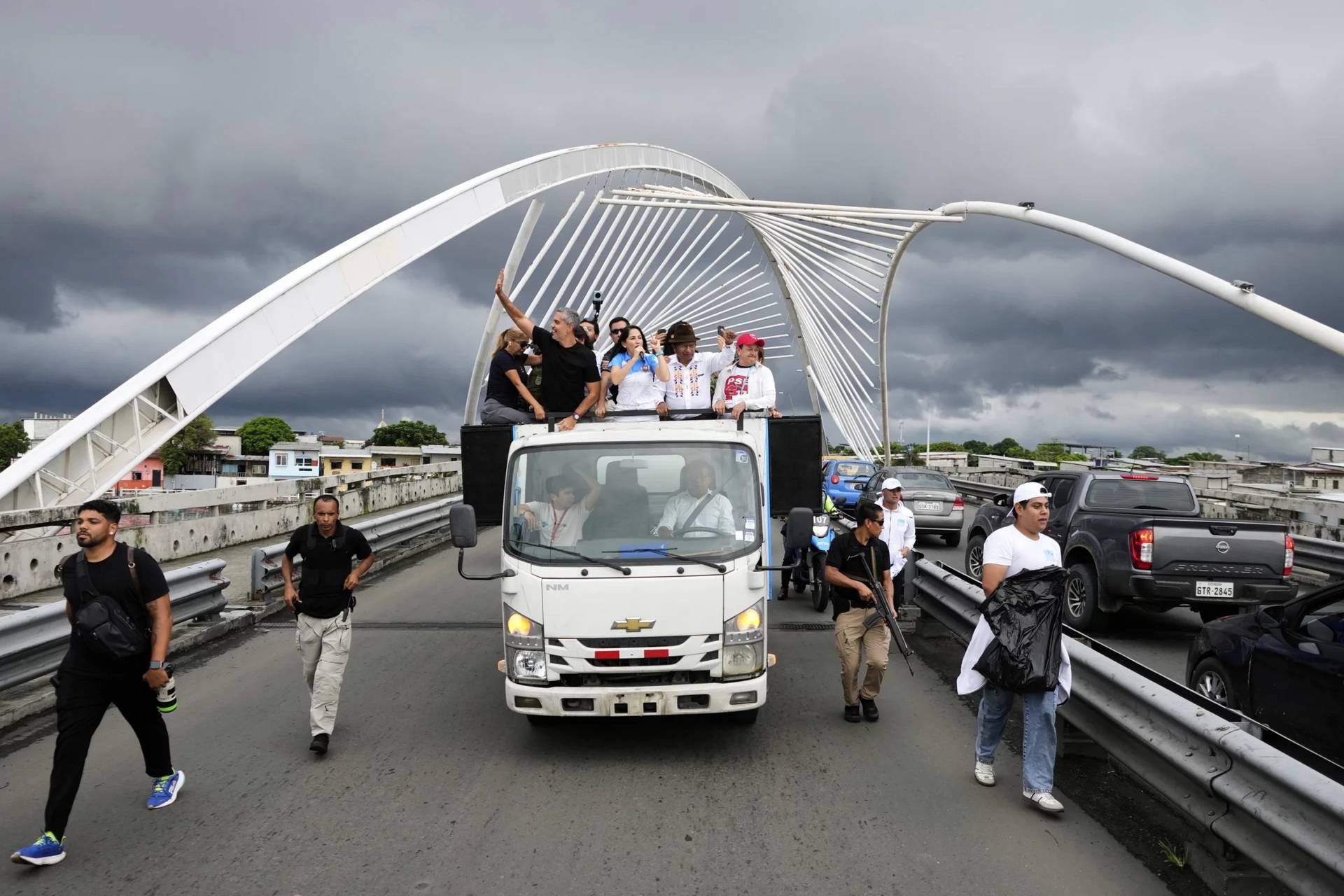SÃO PAULO, Brazil – A deadline for Peruvian President Dina Boluarte to make changes or promulgate a bill that is being criticized as a project against human rights’ organizations expires on Apr. 2.
Several nongovernmental organizations, Indigenous’ rights’ associations, and members of the Catholic Church have fiercely criticized the changes approved by the Peruvian Congress on March 12 to the law 27692, which creates the Peruvian Agency of International Cooperation (popularly known as the APCI law).
According to the bill’s opponents, APCI – a government branch in charge of overseeing and orienting international technical cooperation agreements involving State or civic entities in Peru – would suddenly become an overly powerful agency, being able not only to cut the funds that come from abroad and finance human rights’ advocacy groups, but also to completely impede them to operate.
The bill establishes that NGOs must obtain APCI’s “previous conformity” before implementing their plans, programs, projects or activities. If they fail to do so, they commit a serious fault and are subject to having their operations paralyzed.
The bill also determines that it’s a “very serious infraction” the “undue use” of international funds to pursue administrative or legal actions, in Peru or abroad, against the Peruvian State. Human rights groups and Indigenous associations have denounced on several occasions, over the past months, that such a measure is not constitutional, given that it would impede the free exercise of legal action against the State.
Several civic organizations have issued statements condemning the bill over the past few weeks, including Church groups. That’s the case with CIDSE, an international family of 18 Catholic social justice organizations. In a declaration released on March 20, it expressed serious concerns “about the approval of legislative measures in Peru that jeopardize the support for the poorest and most vulnerable peoples and populations and undermine access to justice in cases of violations of human rights and collective rights.”
“CIDSE warns of this serious setback that limits civic space and imposes undue control over civil society, weakening democracy and citizen participation, and increasing the risk of impunity in Peru,” the document said.
According to the organization, the measures “could affect freedom of expression and association, the right to defend human rights and to oversee the actions of the State, and the collective rights to prior consultation and to decide the forms of development that the people choose.”
“We share the concern expressed by various national and international organizations, including embassies of cooperating countries and United Nations human rights special rapporteurs, who have warned of the importance of these reforms not unjustifiably restricting the work of civil society and the right to operate in a favourable environment,” the text read.
On March 25, Peru’s Amazonian bishops released a public letter addressed to President Boluarte and to all other heads of State branches about the polemical bill.
“Our fundamental concern would be that those who are truly impacted by the norm will be those peoples and populations, truly popular movements, called by Pope Francis ‘social poets’,” the document read.
The note says that the bill imposes “unjustified restrictions” to civil society organizations, which include Church entities. The obligation of receiving previous approval to the project was equally criticized and compared to a form of previous censorship.
“If the norm is approved the way it is, it will affect the exercise of freedom of expression, liberty of association, the right to defend human rights, the right to citizens’ control, by overseeing the State’s action, the collective rights of the Indigenous peoples to prior consultation and to decide their forms of development,” the text adds.
The letter was signed by 16 bishops, gathered in the Amazonian Center of Anthropology and Direct Application (known by the Spanish acronym CAAAP) and in the Episcopal Commission of Social Action.
Spanish-born Bishop Miguel Cadenas of the Vicariate of Iquitos, who heads the CAAAP, told Crux that the current democratic system is quite debilitated by State measures that want to put it above civil society.
Cadenas also criticized that the law makes it difficult for activists to accompany and help Indigenous groups.
“That’s something that further harms the social fabric,” Cadenas said.
He emphasized that the Church has been helping Indigenous peoples in the Amazon for over 49 years, and now that “we’re experiencing the consequences of climate change” there’s a risk of having to interrupt that work.
“The State should allow critical voices to manifest their perceptions and claims regarding civil society. When criticism is not allowed, social explosions may happen,” he said.
